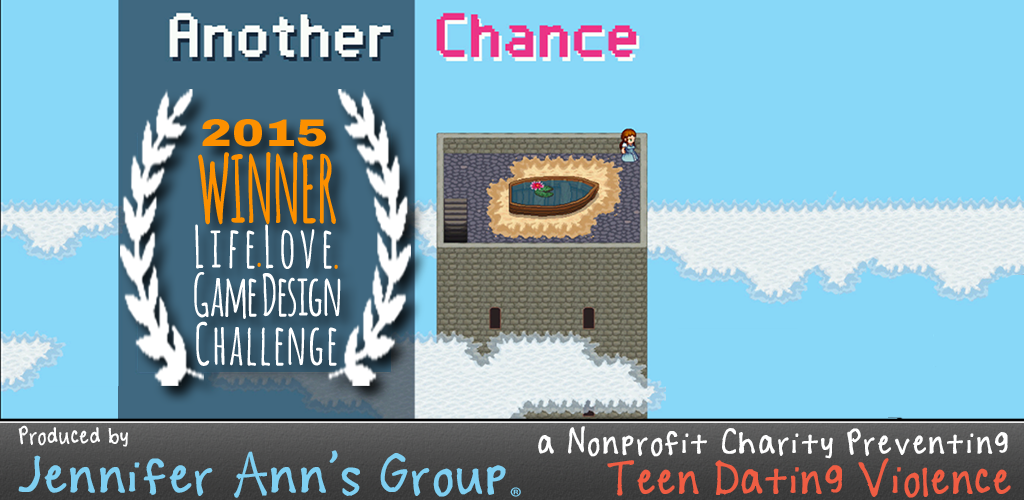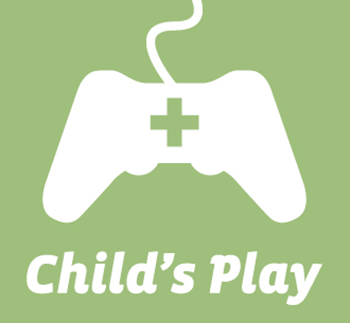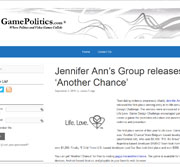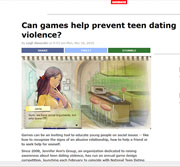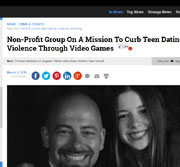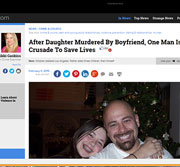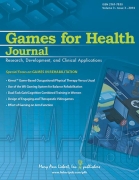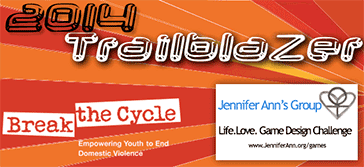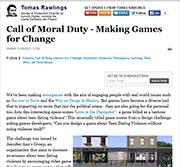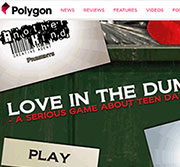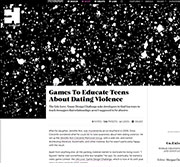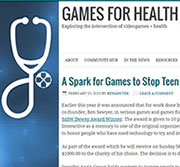
Teen Dating Violence Statistics
- Forty-four percent of college graduates have been in an abusive relationship. 1
- Teen dating violence is related to health problems in adulthood. 2
- In the U.S. alone almost 1.5 million high school students are physically abused by a dating partner every year. 3
- Nearly 40% of adolescents have been physically or sexually abused by a dating partner. 4
- More than 1/3 of women and 1/4 of men experience rape, physical violence, and/or stalking by an intimate partner. 5
- Teenagers who experience dating violence are 4x - 6x more likely to become pregnant. 6
- Teens who have been in abusive relationships are more likely to feel hopeless and attempt suicide. 7
- Adolescents who have experienced dating violence are more likely to experience violent relationships as an adult. 8
- Teenagers in abusive dating relationships are more likely to smoke, binge drink, and use drugs. 9
Citations
1.
Forke CM, Myers RK, Catallozzi M, Schwarz DF.
Relationship Violence Among Female and Male College Undergraduate Students.
Arch Pediatr Adolesc Med. 2008;162(7):634-641.
2.
Exner-Cortens, D.; Eckenrode, J.; & Rothman, E. (2013).
Longitudinal associations between teen dating violence victimization and adverse health outcomes.
Pediatrics, 131(1), 71-78.
3.
Love is Respect //www.loveisrespect.org/is-this-abuse/dating-violence-statistics
4. Halpern, et al.
Patterns of Intimate Partner Violence Victimization from Adolescence to Young Adulthood
in a Nationally Representative Sample Journal of Adolescent Health. (2009); 45(5): 508–516.
5.
Centers for Disease Control and Prevention. (2011).
National
Intimate Partner and Sexual Violence Survey
6.
Silverman, J., Raj, A., Mucci, L., & Hathaway, J. (2001).
Dating Violence Against Adolescent Girls and Associated Substance Abuse,
Unhealthy Weight Control, Sexual Risk Behavior, Pregnancy, and Suicidality.
Journal of the American Medical Association. 286(5): p. 572-279.
7.
Howard, Yang, & Fan, 2009; CDC, 2005.
8.
Smith et al., 2002; CDC, 2005.
9.
Silverman, Raj, Mucci, & Hathaway, 2001.

